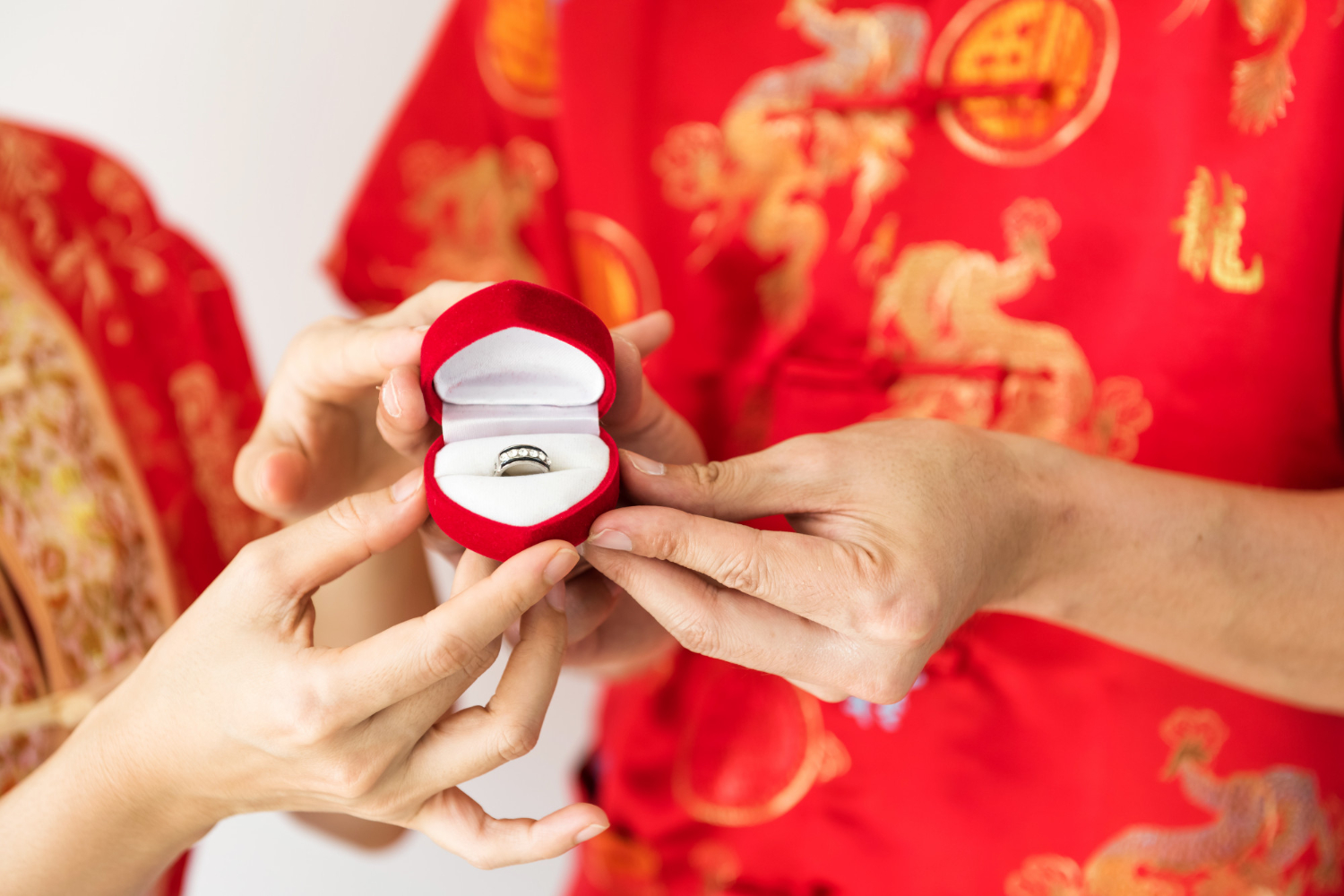In Australia, Sydney, I met an Indian national on a job site. Amid our tedious work, discussion centred around the cultural differences between Australia, China, and India.
We came to discuss the male Indian’s de facto relationship to a Nanjing-born Chinese national. He bragged her family was wealthy, and how they own two apartments which the parents are able to bequeath to their Chinese daughter when she gets married off. He confided his entire personal life until I practically knew everything about his life with this Chinese girl.
The Bride Price / Dowry
Soon, our attention turned to the bride price versus the dowry system.
In Australia, there is no bride price or dowry required to marry a woman. No money is exchanged between families. When I moved to China, the bride price was one cultural difference revealed to me in my more serious relationships. The most important item, the ring, you need a pretty ring. You could buy a handmade engagement ring in London if you are still not sure which style you want to get and look for it online.
I said, “There are some things in Chinese culture that you may know about. For example, my ex’s mother asked me to pay twenty thousand dollars as a dowry to marry her daughter.”
The Indian male scoffed, “Really? Chinese families ask the man for money for their daughter?”
I quizzed, “Yes. Why… doesn’t India have a bride price?”
He explained, “No, it is the opposite. Normally Indian woman will pay a dowry to the husband’s family. The wife’s family in India will not receive a dowry.”
I grinned at him, “What would you do if they asked you to pay?”
He confessed, “If her parents ask me to pay, then I will pay ten thousand dollars, but twenty thousand dollars is too much.”
How Traditional Chinese Parents View Foreigners
Soon, our attention turned to his relationship with his Chinese girlfriend’s parents.
The male Indian national had met the Chinese parents on their trip to Australia, and chaperoned them all around Australia. One year into their relationship he considered marriage with his Chinese girlfriend. However, he was unsure about whether her parents truly approved of a foreign boyfriend.
I advised, “If you are serious about this girl, and you want to marry her, I recommend that you marry her first and elope, because Chinese parents can definitely break you up.”
He said, “I know. Her mom is always negative and always has something bad to say about Indian people. Originally her mother did not approve. They believed that all Indian men beat up their wives, that Indian men are violent, and that Indian men are poor.”
I asked, “How did the mom come to that conclusion?”
Irrational Chinese Superstitions
In my mind I know these assumptions all come from long-held Chinese superstitions. Chinese people hear hearsay, and parrot the same view.
It is like the Brett Kavanaugh trial by the America public; everyone believes the accusations, yet no one can prove them. There were no witnesses, no one corroborated the allegations, and no one gave evidence or eyewitness accounts, yet despite the protestations of innocence, one side of America automatically assumes that Brett Kavanaugh is guilty of the accusation.
Those are the same kind of irrational superstitions that Chinese people have.
In the case of the Indian national, no matter how wholesome, or how rich the Indian man is, no matter what he says, he is always going to be viewed by this Chinese family as the poor, Indian male that is going to beat up his wife.
This is true in Chinese culture because this stereotype has persisted unchallenged over the decades in Chinese society.
The Chinese Mother-In-Law
In China, it is culturally acceptable for the older generation of Chinese to believe in these long-held common stereotypes of foreigners. Despite any evidence to the contrary, the older generation will hold onto those anachronistic views.
In his story, I saw all the hallmarks of typical, traditional Chinese parents. I could relate to the Indian male because I also had trouble with hostile Chinese in-laws.
I mentioned that my Chinese mother-in-law wanted my newlywed wife to divorce me.
He reacted, “Divorced? But you had only just married.”
I replied with some hard-earned cultural experience, “That is Chinese parents. Chinese parents are typically negative. If there is any trouble in the relationship, the Chinese in-laws will not hesitate to push you to divorce.”
He said, “I don’t worry about that, because my girlfriend said she is strong and independent. It doesn’t matter what her parents say, she is not going to listen to them.”
I said, “That is good. You need to get yourself a strong Chinese woman who can stand up for you, and not a mother’s girl.”

Diary Of A Mad Chaos is a daily diary written from March 1996 until today, of which individual books and book series have been created, namely “The Lost Years” an exploration of young, entwined love, the “Wubao In China (猎艳奇缘)” book series which provides an extensive comparative analysis of the cultural differences between Eastern and Western societies, and the book titled “Foreigner (华人)” an exploration of race relations in Australia.










